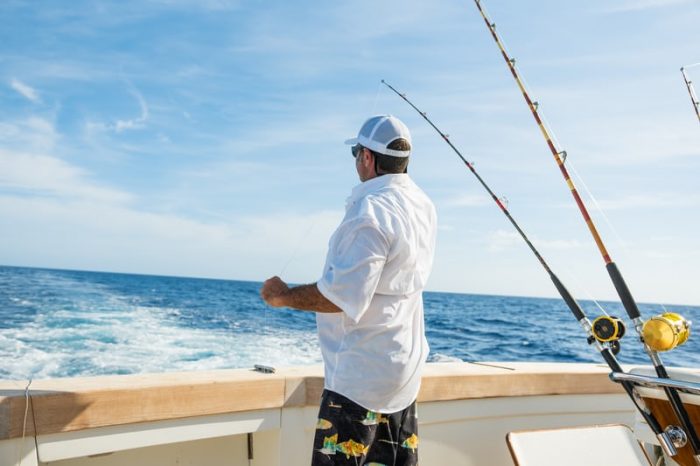Will the ocean ever run out of fish?
- TED-Ed
-
3월 13
- Share post

*Please copy and paste the following questions to Google Document and share the document with your student. It will be instantly synced while you enter your student’s answers or corrections.
- What happened to the cod population in the Atlantic Ocean on the coast of Canada? (0:09)
- Have you ever tried fishing?
- Why did the narrator describe modern industrial fishing as warfare?
- How often do you eat fish?
- What are your views on overfishing?
- What laws/policies do we need in order to keep fishes from extinction?
- Why do you think shark’s fin is popular in China and Vietnam?
- Have you heard of fish farms? What are they?
- Are you willing to cut fish consumption to protect fish from extinction?
- Can you list the new vocabulary you learned from this article? What are the definitions of the vocabulary in this context? Can you make your own sentence with the words?
